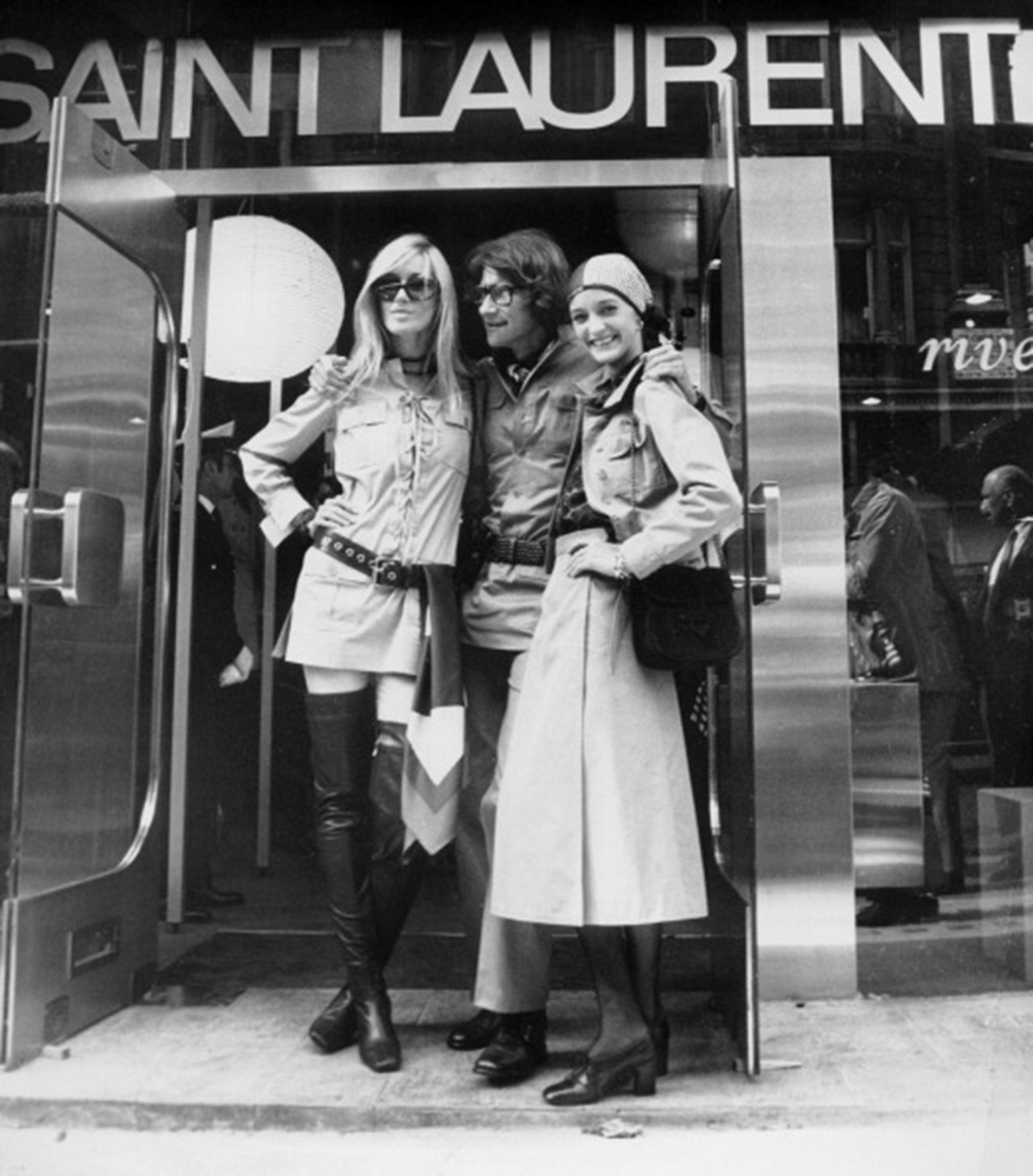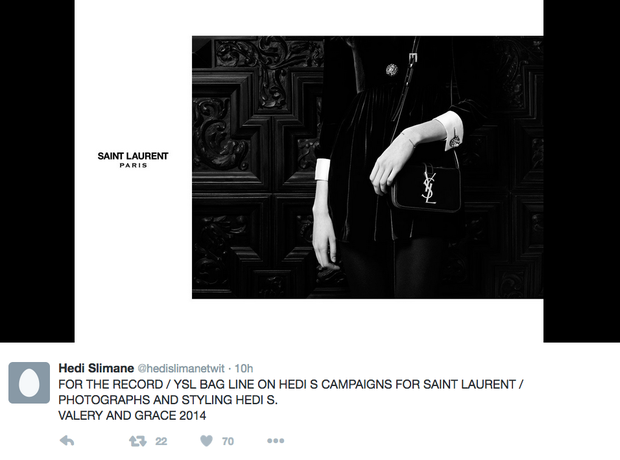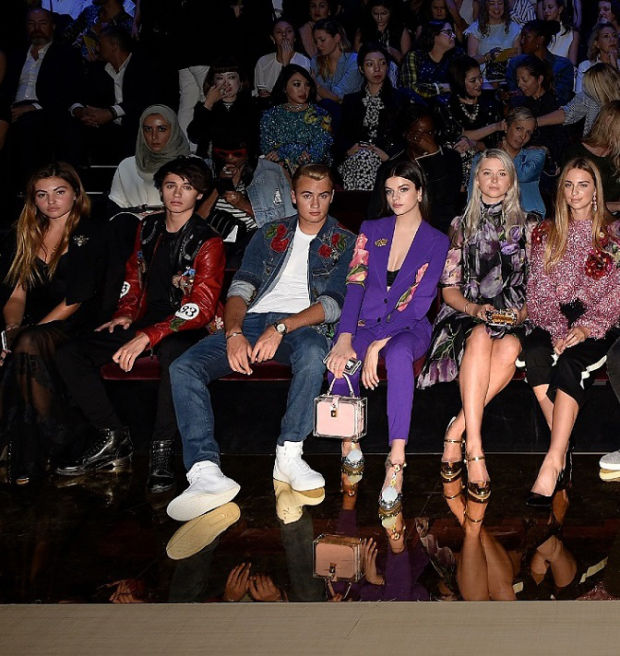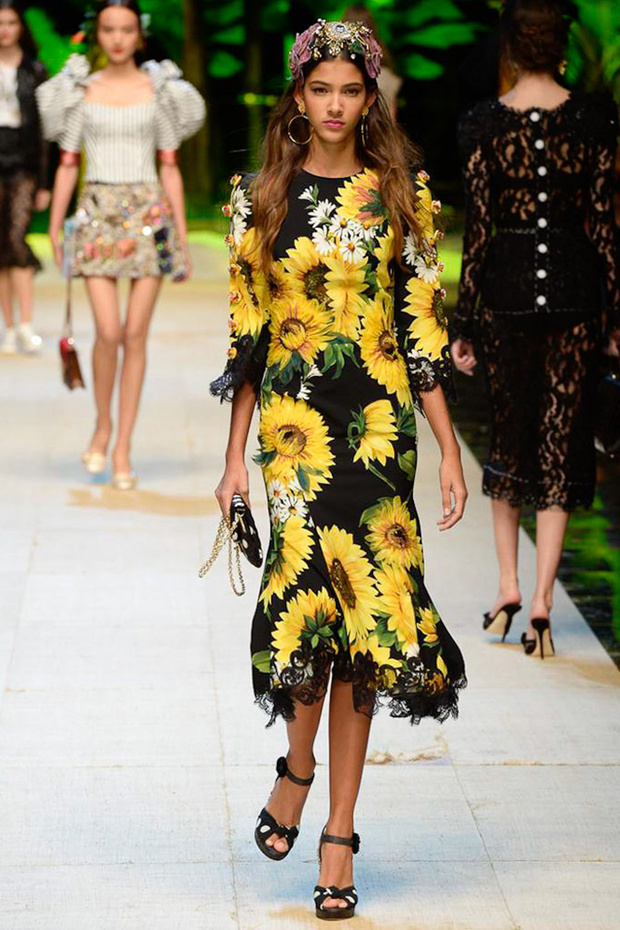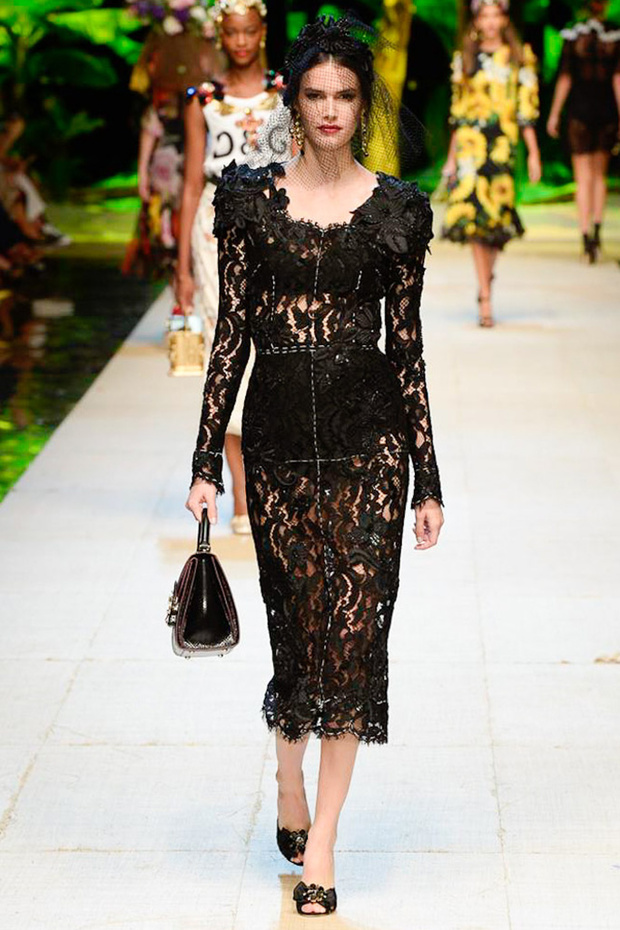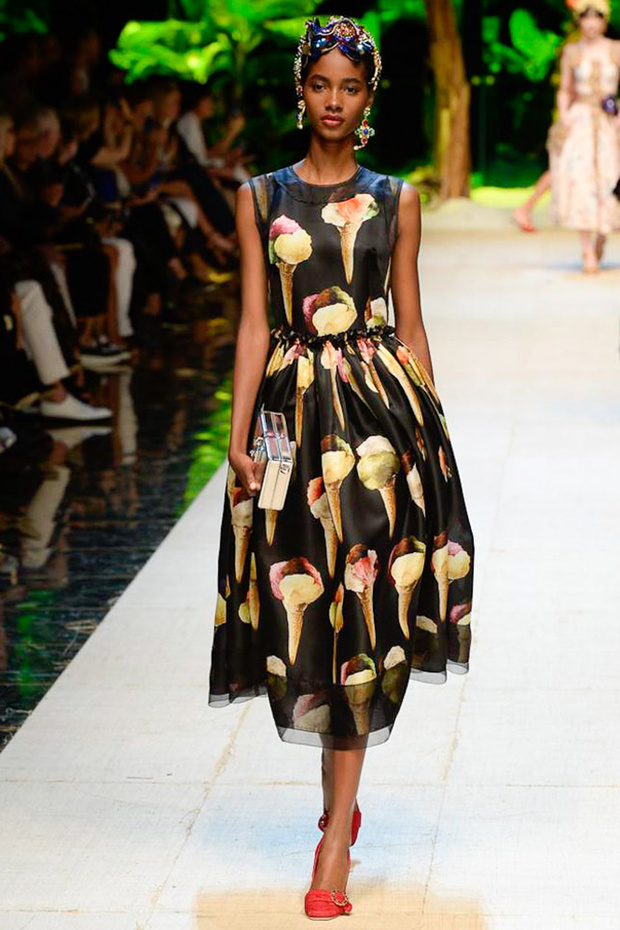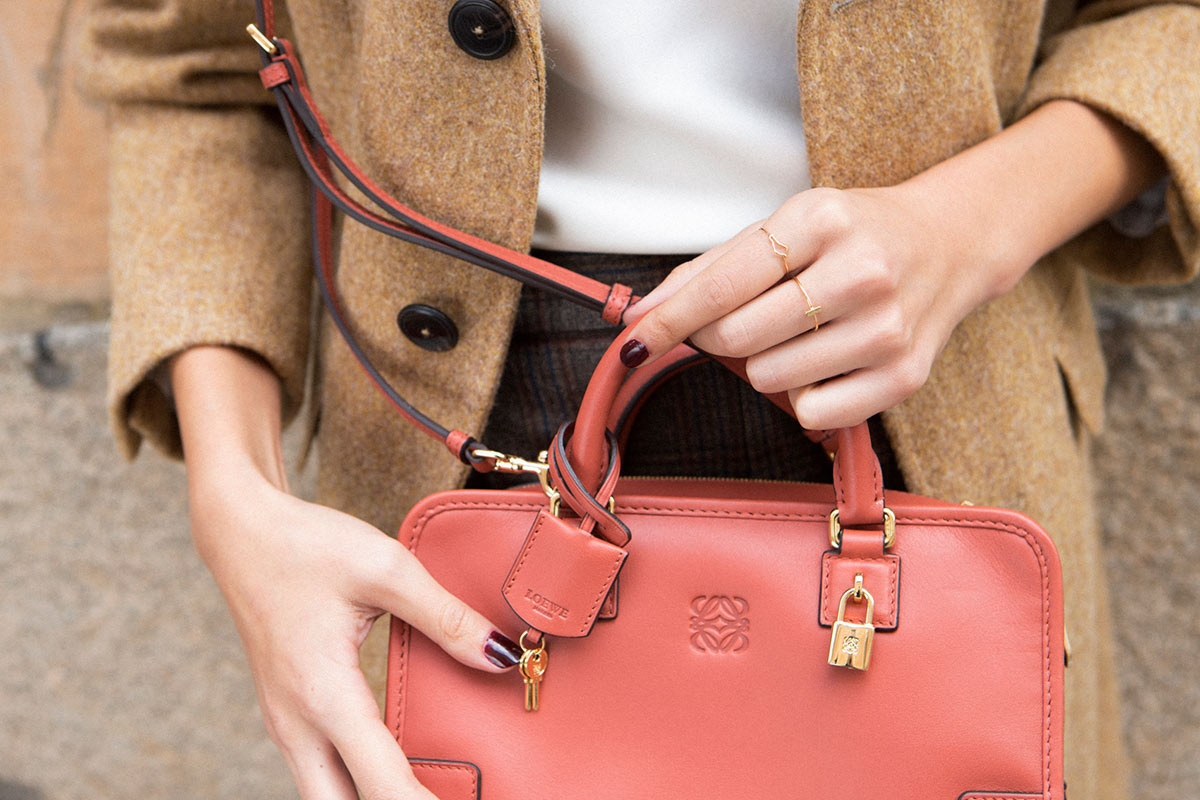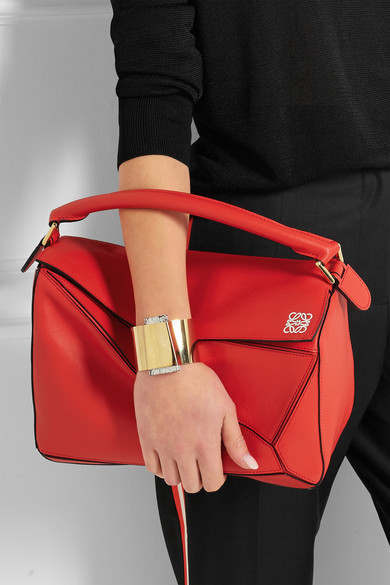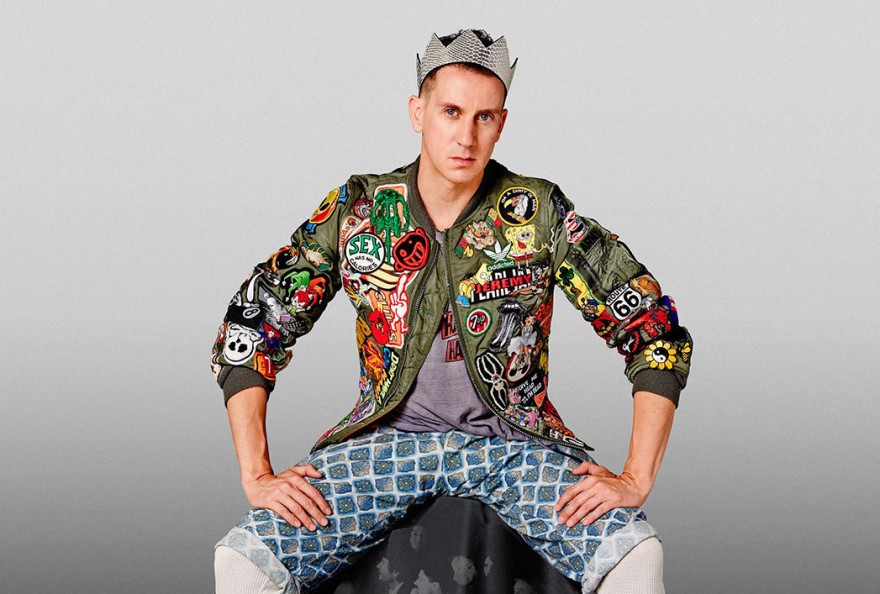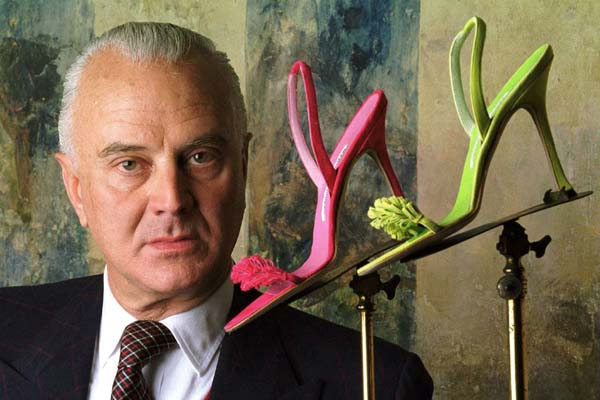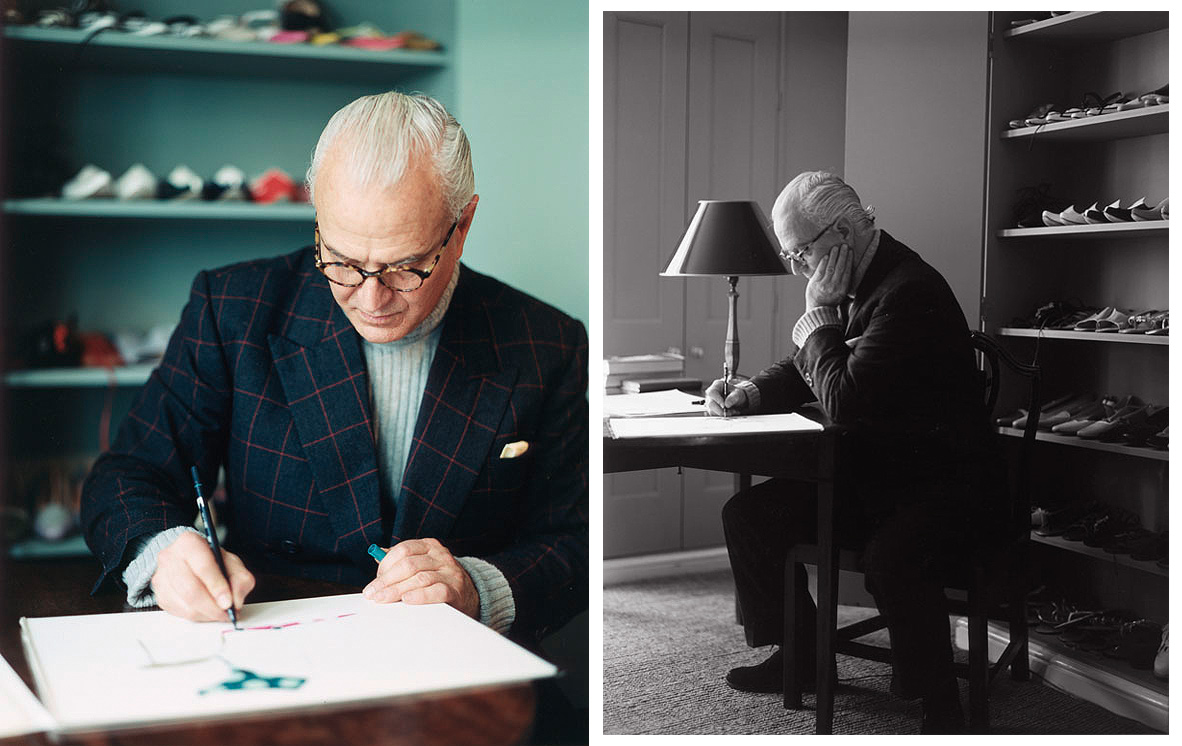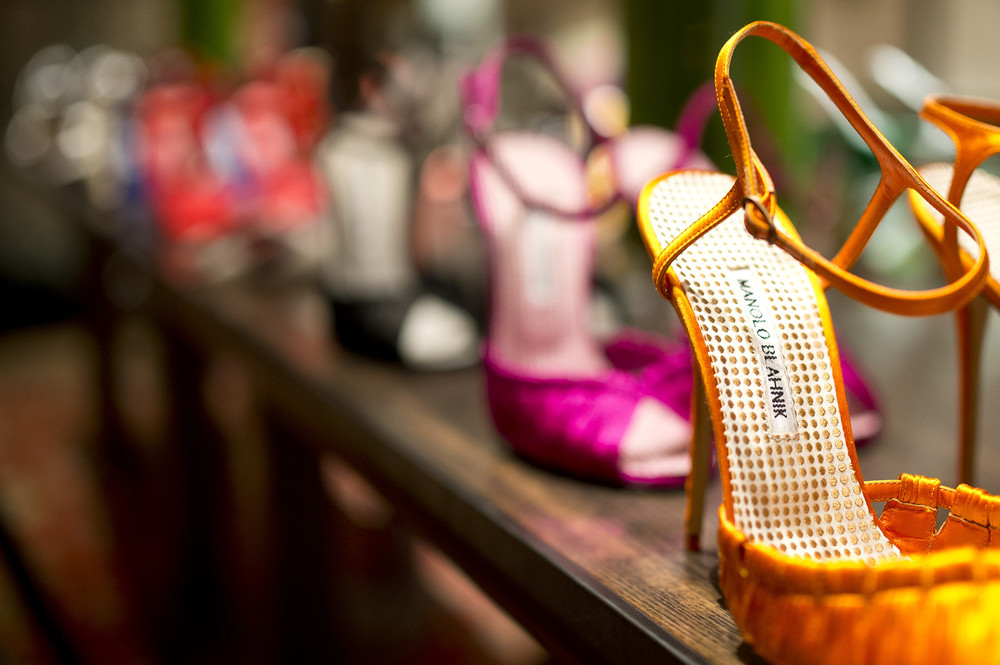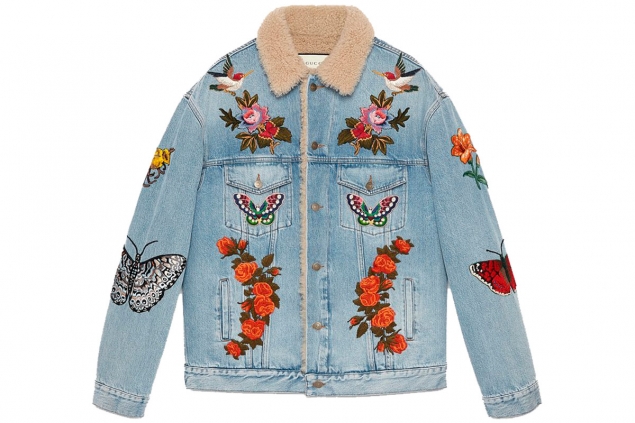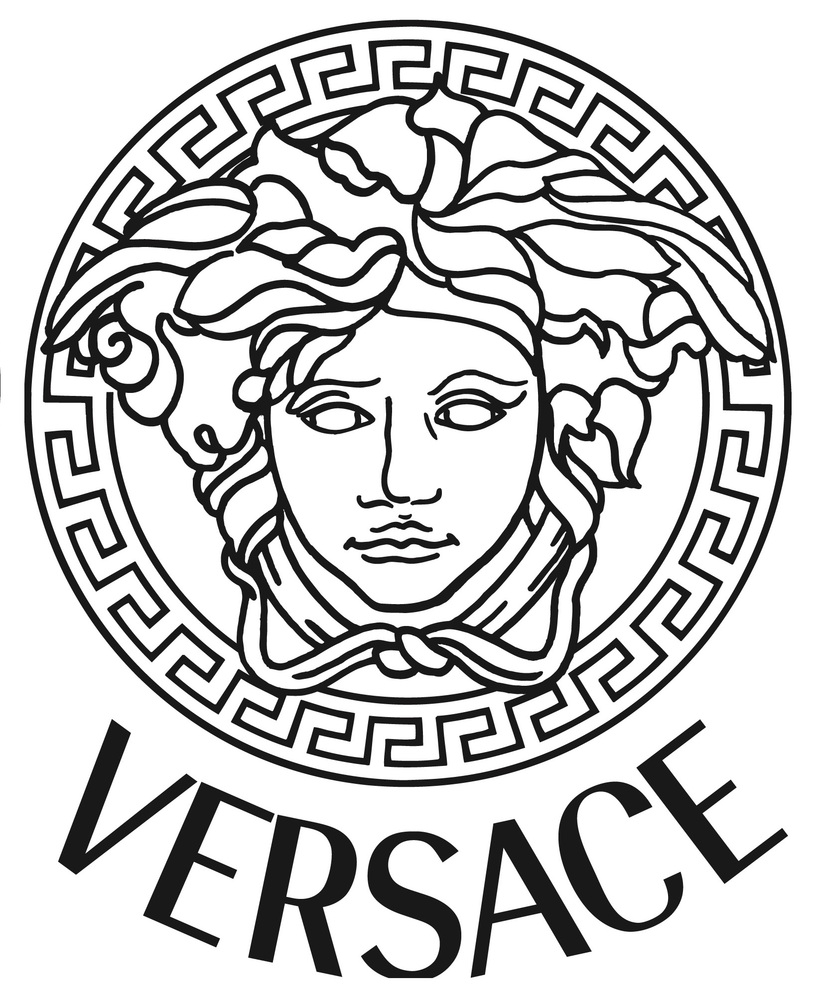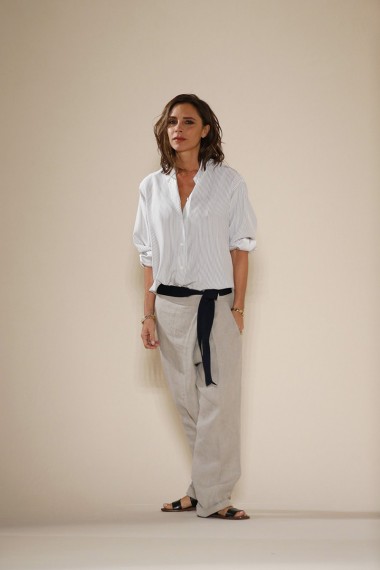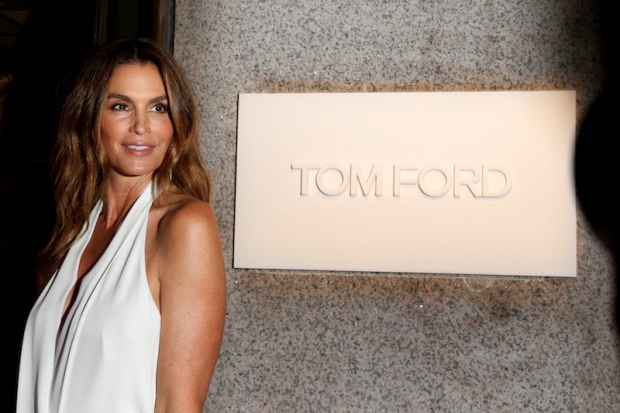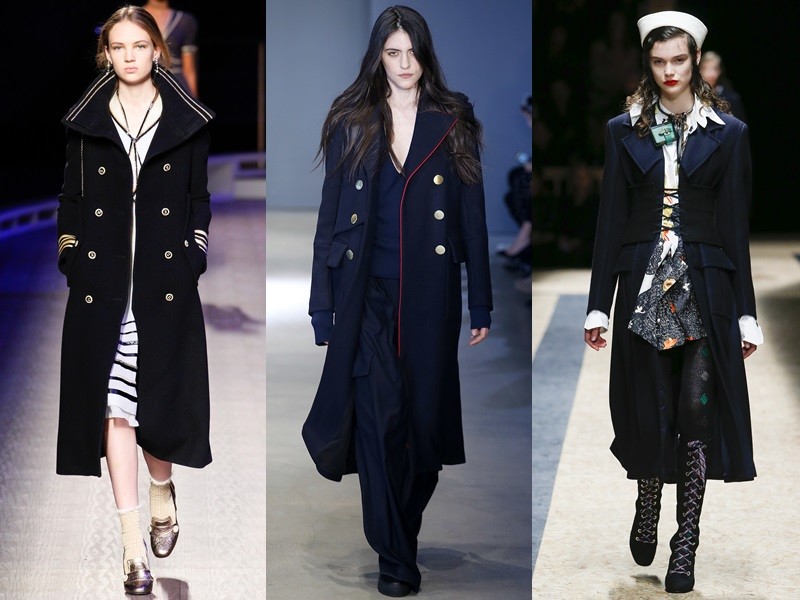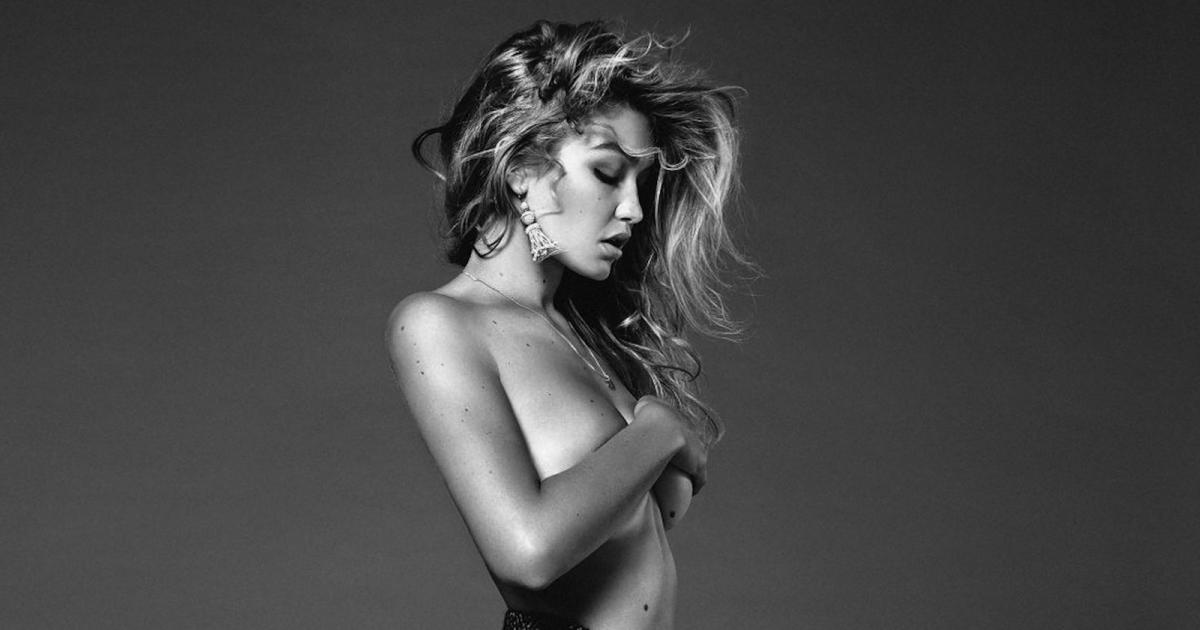Fascination. Elegance. Beauty. A legendary garment and the challenge of the fashion of the future: the black dress.
We have always linked the idea of black color to mourning. After the wars the widows dressed in black and did not choose another color as a symbol of respect for the deceased. However, it was a fashionable color when it ceased to be the symbol of duel.
Cocó Chanel was the revolutionary of the time. After learning sewing at the orphanage in which she grew up, she would never have imagined that she would have so much influence on the fashion world of today. On October 1, 1926, the first black dress was created and it differed from the rest. Its structure was simple, practical and easy to look. It was the dress of the emancipated woman.
Chanel’s idea was to free the woman. And she did, transferring masculine fashion (in particular the Dandee look) and the expressions of men to the feminine fashion. This created a kind of uniform for women, which gave confidence and allowed women to dress well reducing the risk of making mistakes.
Thanks to me poor girls can dress like the rich ones.
-Cocó Chanel
And Chanel did not believe in wealth. She believed in beauty and cared about what was elegant. And the black dress was (and still is).
However, Paul Poiret, one of the first fashion designers as we talked about in previous articles, was not very funny about the idea of the black dress. Simply, the Paris fashion dictator did not accept it. So much that when he met Chanel (who was wearing a black dress), Poiret asked: “For whom do you see in mourning?” – to which Chanel replied: for you, gentleman.
From the creation of the first black dress model, creativity flowed through the blood of designers. Why not join the black and white? It was a mixture of colors that went against all trends. And that was its essence. This imagination continues to flow as we have previously seen speaking of Iris Van Herpen, who, along with her first 3D fashion collection, also included the first black dress made in three dimensions.
They were not fashionable days. 1939 was a hard year for Chanel since she closed its meson. Along with the end of the war, the strongest was Christian Dior, who creates a new look in retro style and the black dress returns to resurface having an overwhelming success.
But what about the black dress in the film? The black dress has been an icon of the film in all its senses. That idea that is related to the protagonism of what they call Femme Fatale. Those intelligent and despised women who are not objects, but subjects. They are the dark women of Hollywood. The woman in that black dress had a deadly weapon. It meant she was a fantastic woman, a bad woman. And is that without any doubt, black is a defiant color when it has to be.
Rita Hayworth in Gilda (1946). Lauren Bacall in The Big Sleep (1946) or Marilyn Monroe in The Asphalt Jungle (1950), are some of the femme fatale of the time.
But certainly, in the 60´s was Audrey Hepburn that would bring the change of the concept of the black dress in Breakfast with Diamonds (1961). She chose that model because she had a different neckline in the back for the first scene of the film. She had the physical, the presence and the posture. She was almost a model. With it, the concept of the black dress changes. We are not talking about a Femme Fatale. Now the one that predominates is the romantic woman, like Audrey.
Great designers of luxury dresses have taken to their ground a different concept of the black dress. Due to the boom and the concept of the dress in the cinematographic field, many designers went to design their own version of the dress. In particular, in the year 1970, this beautiful dress of Yves Saint Laurent with lacy back full:
When Cocó Chanel died in 1971, her legacy relegated to the well-known Karl Lagerfeld. The German designer had with Cocó a love-hate relationship. Because she had found the signature look of Chanel and he was in charge of reviving it. But he did, and returned Chanel to the fashion elite.
And later, in 1994, how to forget that black Versace dress worn by Elizabeth Hurley at the premiere of Four Weddings and a Funeral (1994) in London, accompanying Hugh Grant:
Straight, tight, with sleeves, sleeveless, long, short, with lace, without it, with the back open, closed or even in 3D. Undoubtedly the black dress will always prevail in the fashion world and will continue to amaze us every season. What will be the next black dress that triumphs in the history of fashion?


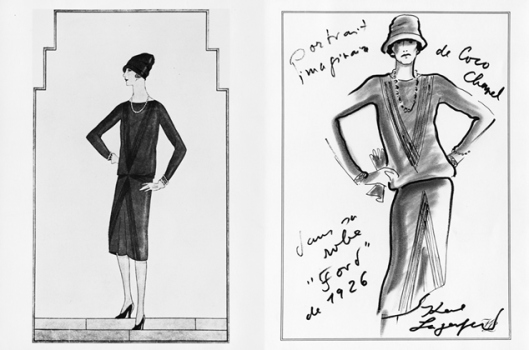
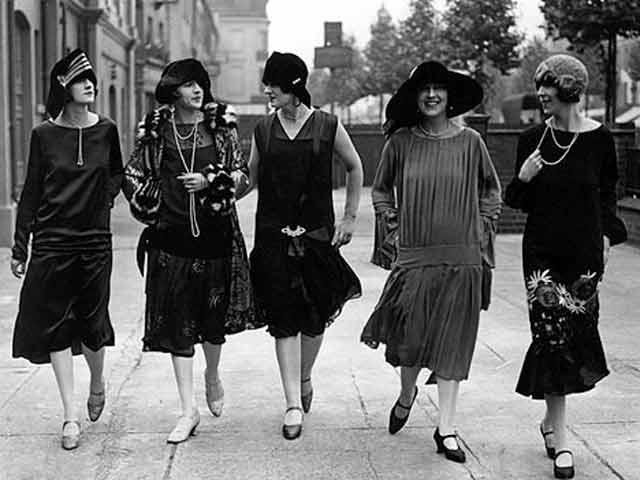




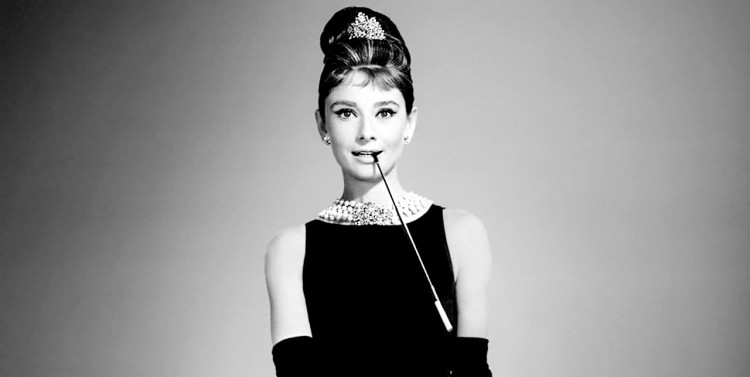

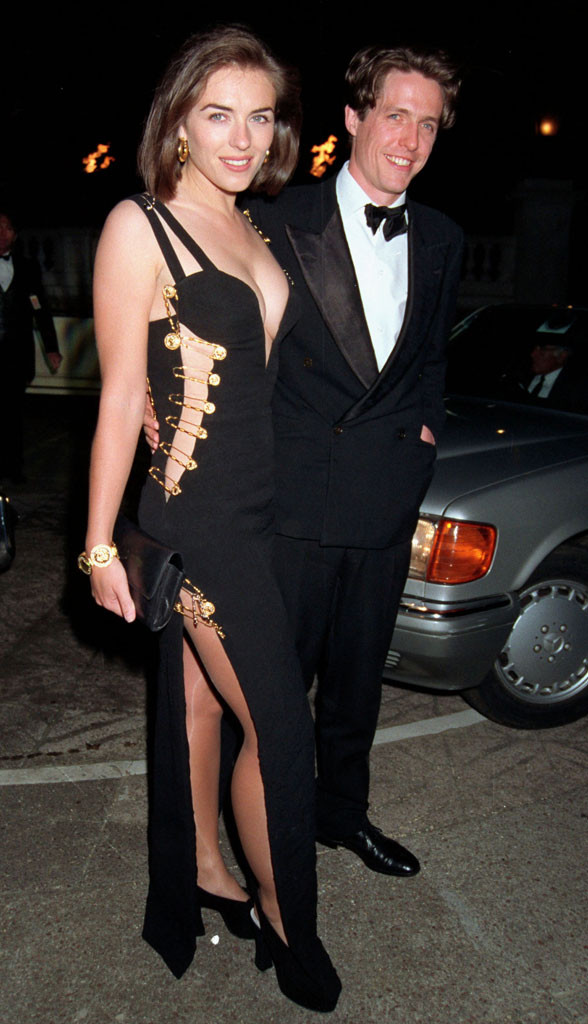





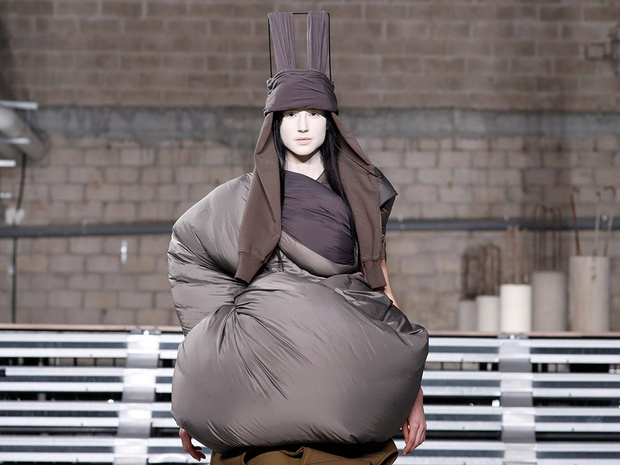

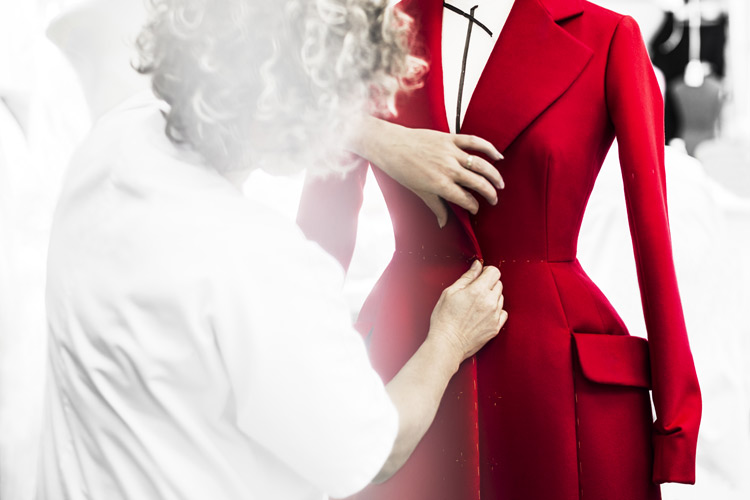




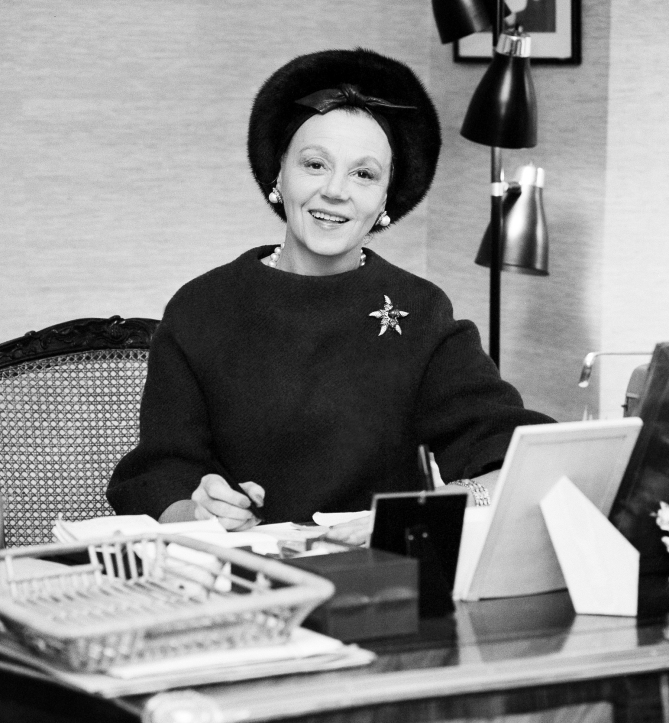








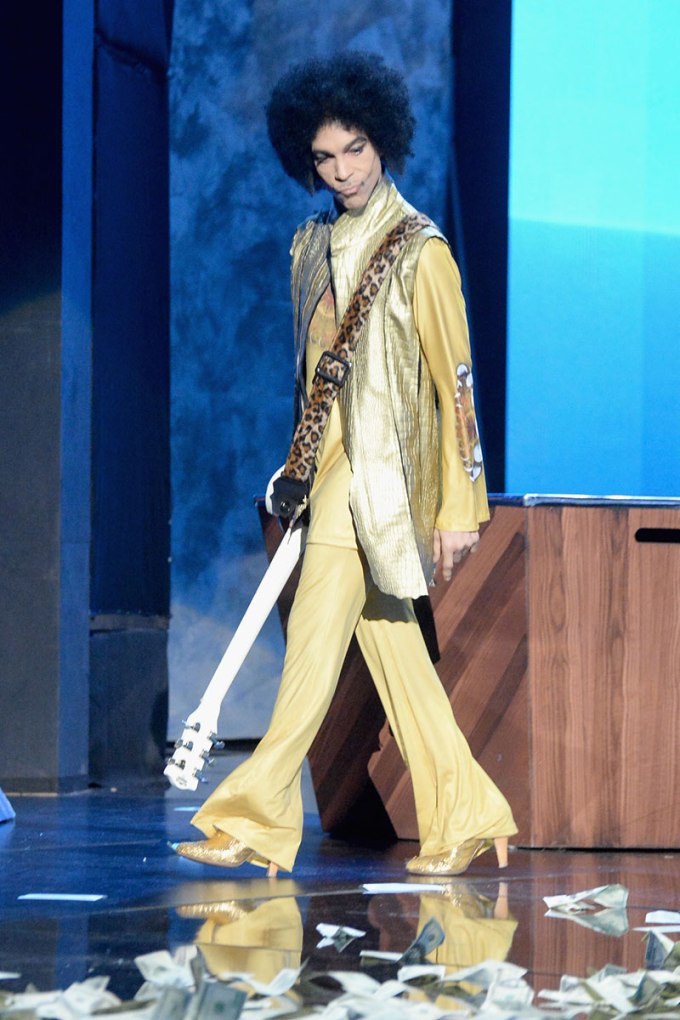

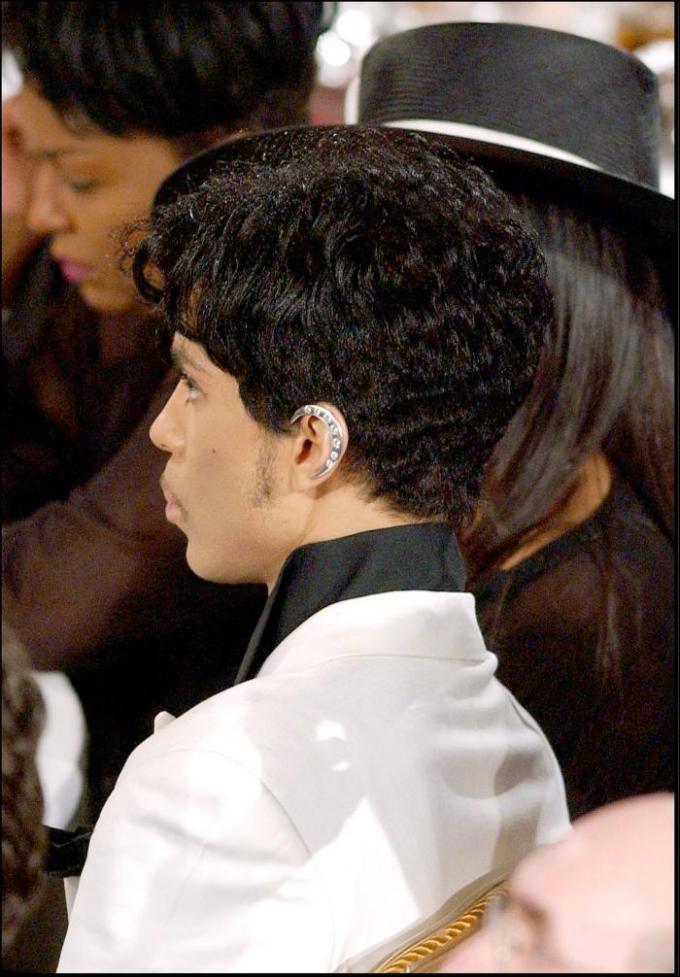

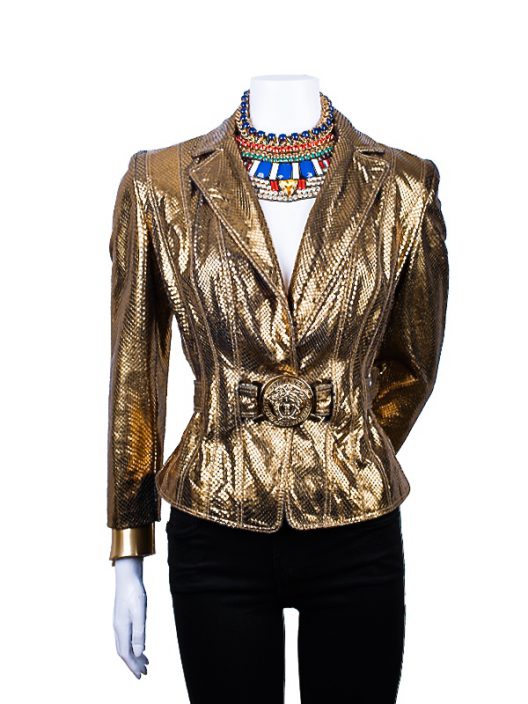

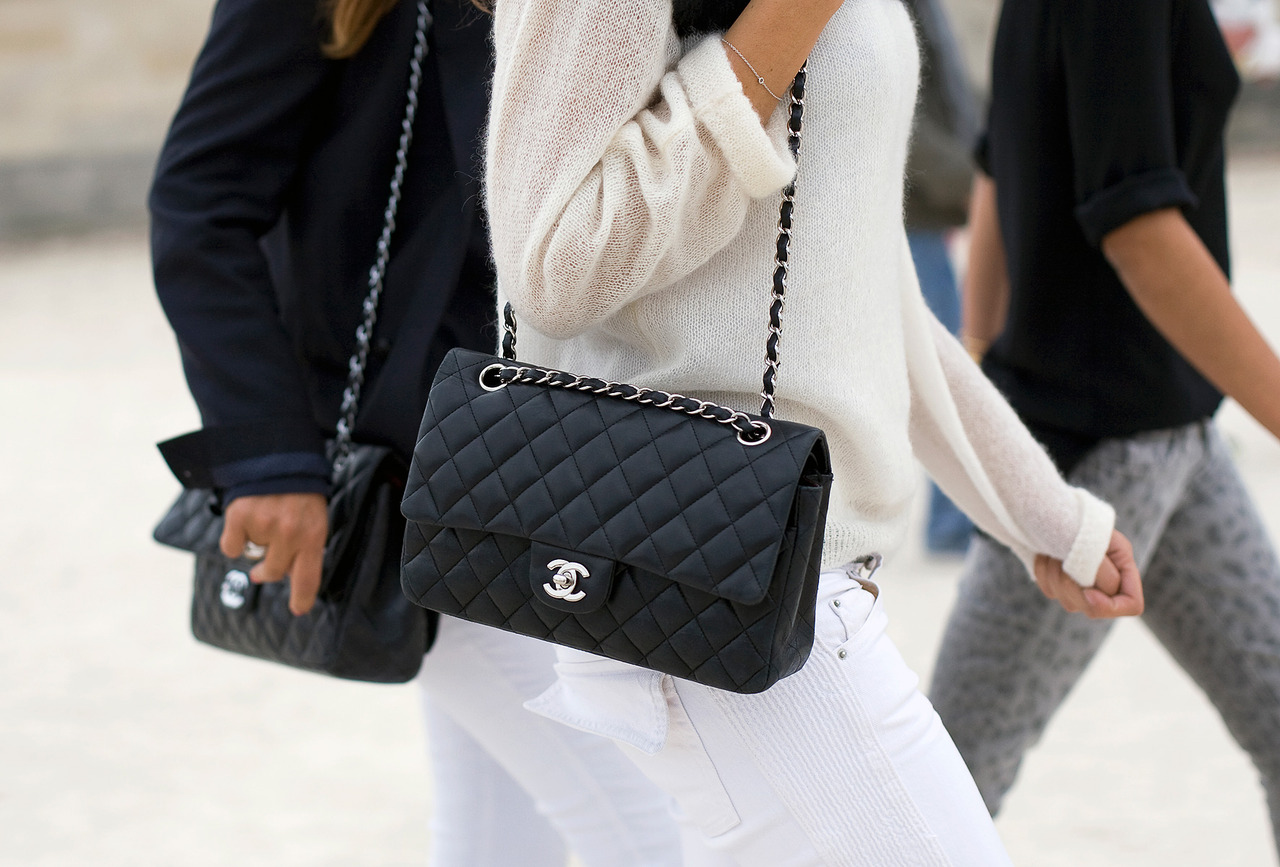

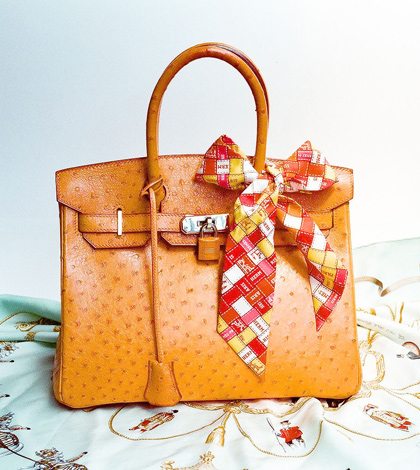

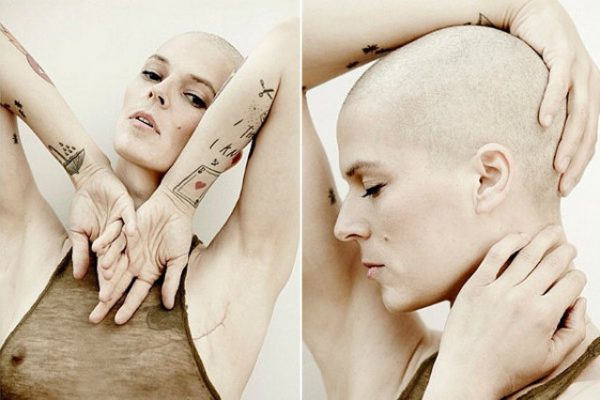
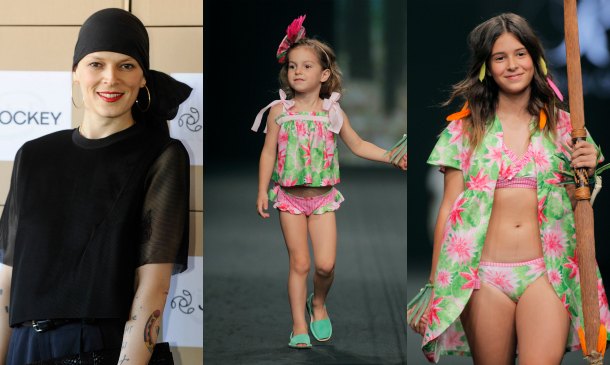
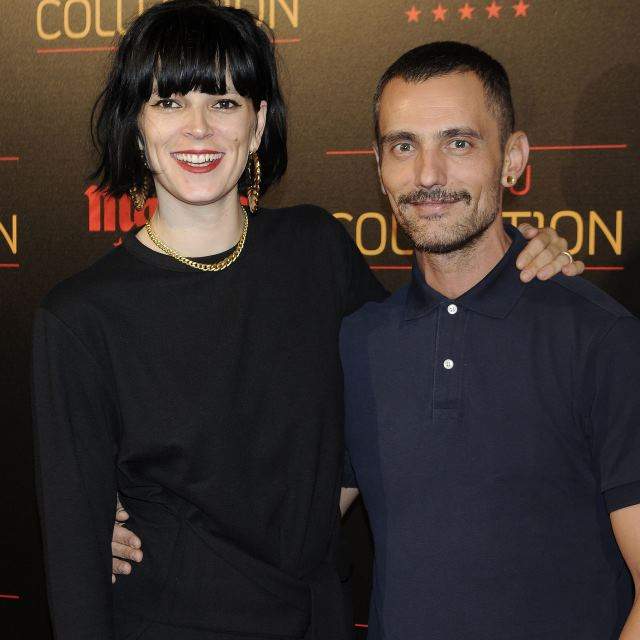











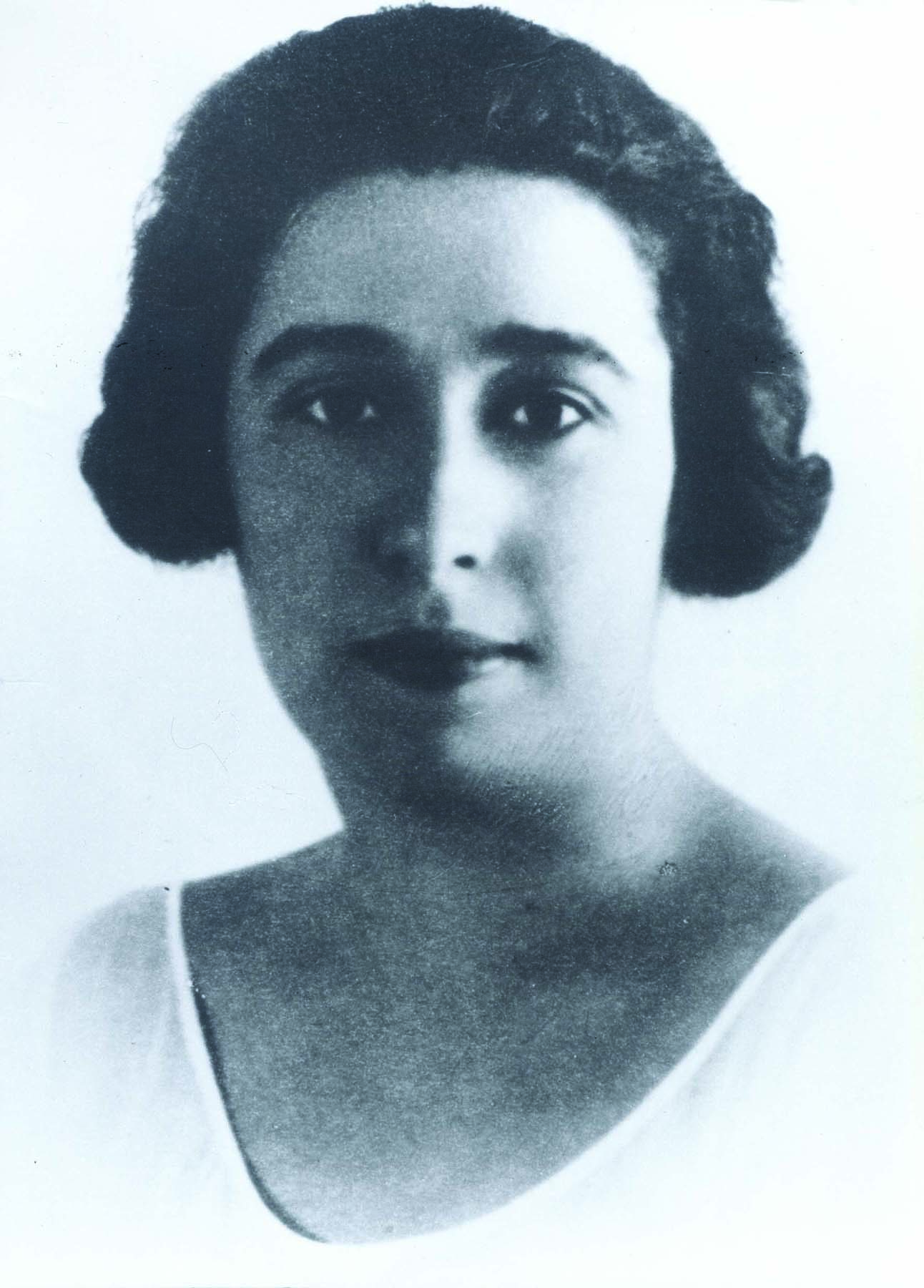


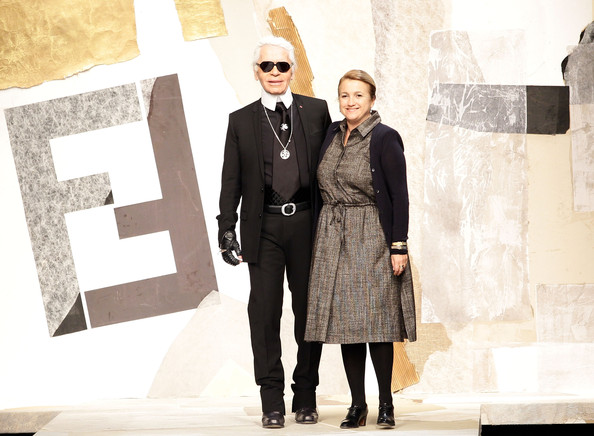
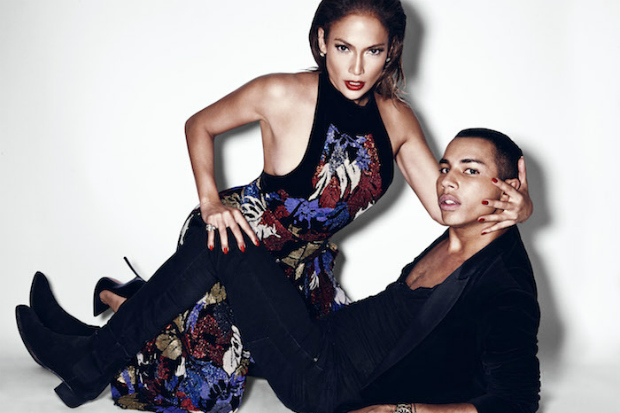
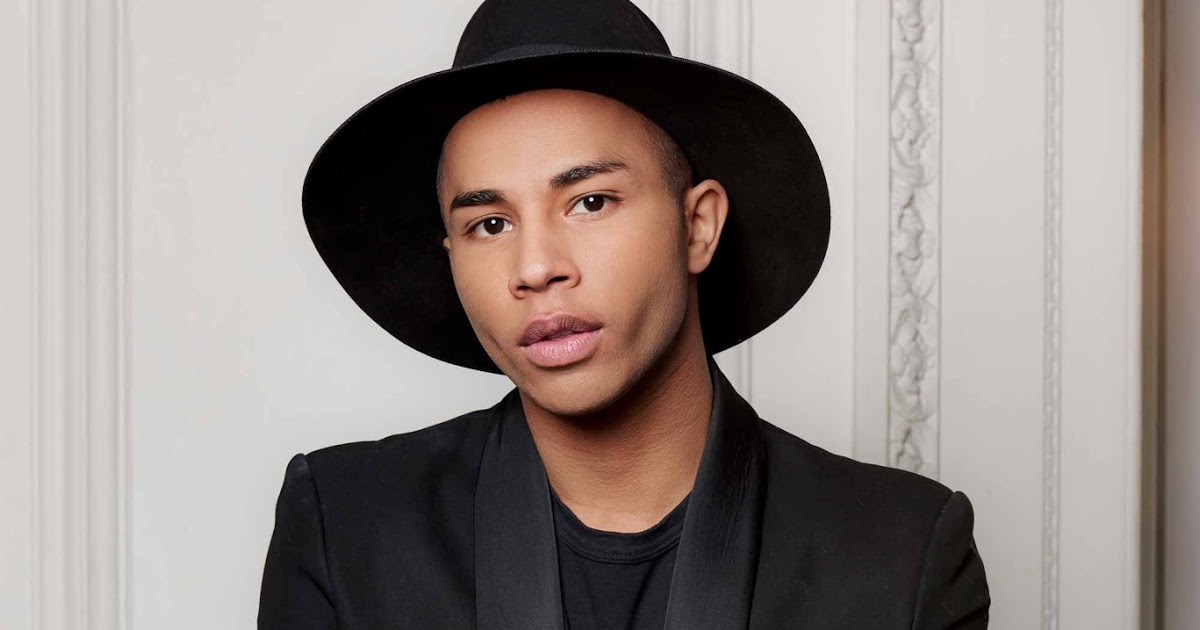



 Last Thursday, the movie The Devil Wears Prada, birth 10 years. On the occasion of its anniversary celebration, there is no better way to reminisce about the film that talking about the brand.
Last Thursday, the movie The Devil Wears Prada, birth 10 years. On the occasion of its anniversary celebration, there is no better way to reminisce about the film that talking about the brand.




